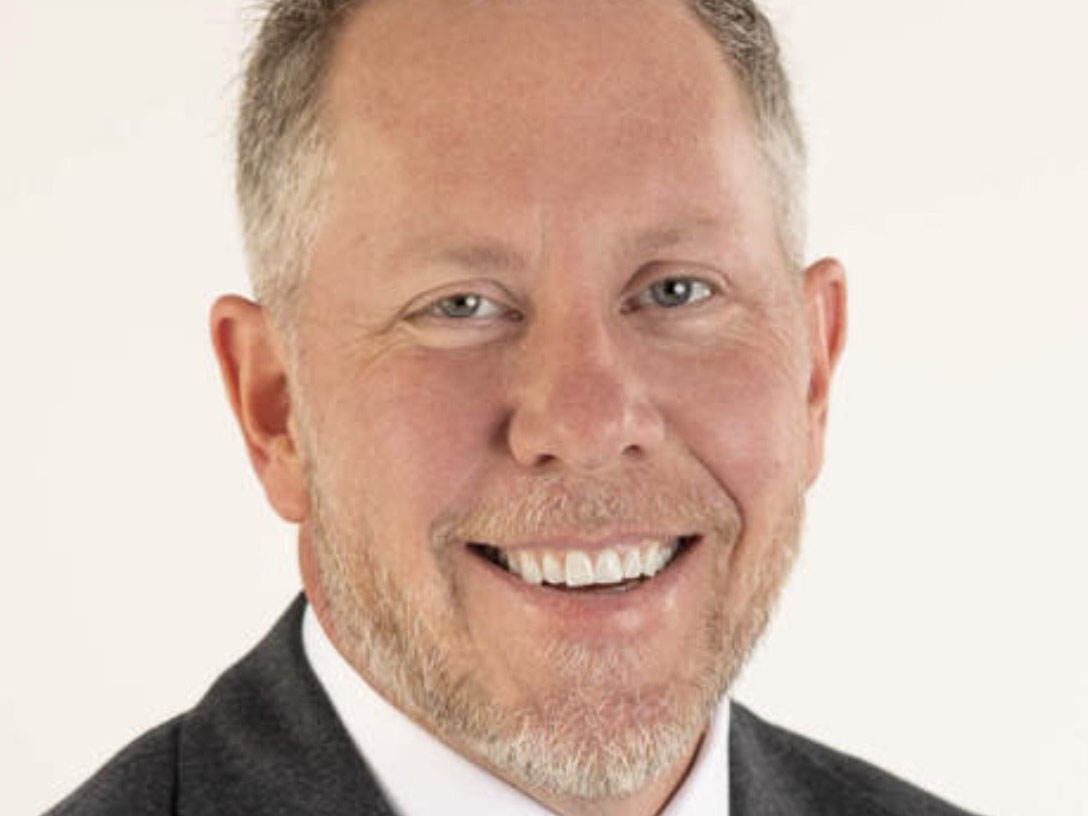Ametros CEO Marques Torbert Addresses the Workers’ Compensation Talent Gap
I entered the workers’ compensation space in 2013, coming from a Finance and investment banking background. I’m a Millennial, and like most of us, I didn’t plan on building a career in work comp.
Currently, I am the CEO of Ametros, a 10-year old company where the average age of employees is 39 (the average age in insurance is 44.2). We did not set out to create a company at that average age but we were very cognizant of the changing workforce dynamics and how important it was to responsibly position our company for the future.
As my fellow National Comp panelists have written about, we’re facing a talent shortage in work comp. We are also facing challenging hurdles as it relates to the recruitment and retention of the next wave of generations.
These two factors combined could result in a very real existential threat to our industry. The next few years will be critical to ensure we have succession plans and have passed along industry knowledge to younger generations before our subject matter experts retire and that wisdom all but disappears with them.
This starts with attracting, retaining, and mentoring younger talent today. One key element is that organizations need to understand the culture and values that younger generations have come to expect from the companies they work for.
The next wave of generations, fortunately or unfortunately, care about the causes and positions their companies take. Separation of home and work is all but disappearing in the younger generations. If our industry does not prepare, whether or not we believe in the same ideals and values, we’re not going to appeal to the next generations.
If we stay the same, younger generations will not want to join this industry. They may not think that they can have a career in workers’ compensation and insurance, and that the industry does not align with them culturally. Competition for talent is already fierce and this will put our industry even further behind.
Creating an Innovative Culture
So what can we do now to prepare? One of the most important things organizations can focus on right now to attract younger generations is creating an innovative and rewarding culture.
The younger generations that have worked in other industries like software and artificial intelligence are accustomed to workplaces where they can share ideas, adapt quickly, and have an impact. In my own experience coming from Finance and investment banking, I used what I had learned in other industries and applied it to work comp and insurance. I leveraged the analytical modeling skills I had gained and utilized the presentation skills that were a part of my core responsibilities to help me add value in an industry I didn’t understand quite as well at the time.
The next generations can bring insights from other industries into our organizations. They can revitalize our industry and make us more creative.
We should not be afraid to explore talent outside of our workers’ compensation walls. We must be flexible, adaptable, and open to new ideas. There is no better example of how flexible we can be than the current pandemic. We’ve had to figure out ways to work, communicate, and do business, leveraging the skills and collaboration of both the old and the young to keep our organizations running.
Recruiting and Promoting Young Talent
Another key component in creating an innovative environment that is adaptable to change is changing how you promote from within, and having diverse perspectives in leadership positions.
In our organization, we pay close attention to how we’re recruiting. We’ve made a conscious effort to hire outside of our industry in order to bring in different perspectives and ideas. We’ve also taken a conscious approach to recruit from diverse social, cultural, and ethnic backgrounds as well. Many of our employees in leadership positions are from outside of this industry.
Our President comes from a banking and marketing background, our VP of Product and Member Experience has worked in automotive and online media, and our Director of Marketing comes from sports and higher education to name a few.
And I can assure you that those leaders don’t think like me or other colleagues that have a workers’ compensation background – and we are enthusiastic about that because of the diversity in perspectives and ideas it brings to the table.
Their varied experience helps us continually think outside the box. Just because something hasn’t been tried in our industry before doesn’t mean it won’t work. With an impending talent shortage, it is critical that we look outside of our own small industry and set up unique ways to source from other places.
When we think about promoting our employees, we dig deep into their career goals. Where do they want to be in 5-10 years? Even if that’s not with our organization, we support them in growing skills that will help them succeed. These efforts go a long way to build loyalty with your employees – especially with younger generations that need those kinds of opportunities to grow.
Understanding our young workforce and the strong interest in moving their careers, our HR team has built a structure where we no longer have a career “ladder” but we refer to it as a career “lattice.” We encourage lateral movements as success just as much as we do direct upward movements in order to align with our employee base and what drives them.
These opportunities to grow skills and move up – or across – within a company attract young talent and most importantly retains the talent as well. Younger employees want to be invested in their companies. Not just in their own roles, but through their ideals and values.
Stakeholder Capitalism
At Salesforce, founder Marc Benioff shares the management theory of the 50’s and 60’s of Stakeholder Capitalism – that companies must not just focus on the wants and needs of their board of directors but of the wants and needs of their employees, vendors and their communities in order to succeed.
I’ve become increasingly interested in this concept in the past few years, particularly as it relates to younger generations. On average, we spend one third of our life at work. Younger generations want to ensure that one third is spent with an organization that shares their values and ideals.
Newer workers entering the workforce don’t want to leave politics at home so they care how their bosses and peers are responding to the COVID-19 Pandemic or to the racial unrest in our country. They care deeply about these issues and corporate social responsibility and they expect their companies to take a stand.
We need to prepare to manage and lead through these types of issues because they are here to stay. We must be open and transparent with our employees, and we need to focus not only on profits but on our people. &
 Want to hear more about how to prepare your organization for younger generations?
Want to hear more about how to prepare your organization for younger generations?
The panel discussion “Passing the Torch Without a Stumble: The Coming Decade of Transition from Old to Young” at the National Workers’ Compensation and Disability Conference, including live Q&A, will be held on October 21st from 3:30-4:30PM EST.
The panel, comprised of Baby Boomers and Millennials alike, will speak to the challenges we face with generational transitions and how we can create a successful roadmap for recruitment, mentorship, advancement, and retention of talent along with retention of clients.
This session will be led by Mark Pew – Senior VP, Product Development & Marketing, Preferred Medical.
Panelists include:
Barry Bloom – Managing Principal at The bdb Group
Marques Torbert – CEO of Ametros
Claire Muselman – Director of Workers’ Compensation, Continental Western Group
Drew Cortese – Senior Manager, United Airlines
You can view the session here.










